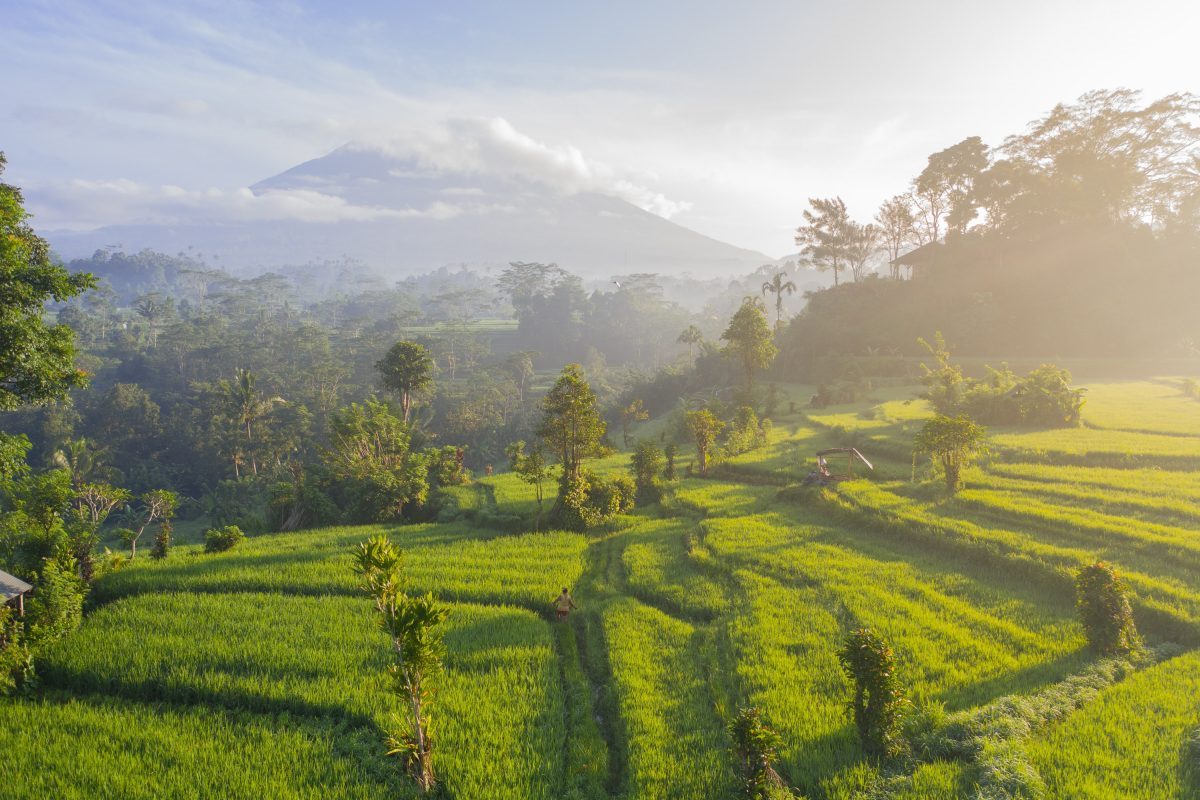Languages Spoken in Matola
Matola is a city located in the southern part of Mozambique. Known for being one of the largest and most populated cities in the country, Matola is home to various ethnic groups with diverse cultures and languages. In this blog post, we will be exploring the most widely spoken languages in Matola, Mozambique.
Portuguese
Portuguese is the official language of Mozambique, and therefore it is the most widely spoken language in Matola. This is due to the fact that Mozambique was formerly colonized by the Portuguese, and the Portuguese language has been deeply embedded in the country’s social fabric ever since. Portuguese is the language of instruction in Mozambique’s schools, and it is used in all official government business. Additionally, Portuguese is spoken by a significant portion of the population in Matola, and it is commonly used in everyday conversation.
Changana
Changana is a Bantu language spoken in Mozambique and neighbouring countries, including South Africa and Swaziland. It is one of the most widely spoken languages in Matola, and it is considered to be a regional language in the country. Changana is also spoken by the Shangaan people who inhabit the southeastern region of Mozambique. With a strong cultural heritage and vast community, Changana is considered an important language in Matola.
Ronga
Another Bantu language spoken in Matola is Ronga. It is considered to be a regional language in southern Mozambique and is spoken by the Ronga people. Ronga is the primary language of the Maputo province which includes Matola, and it is considered to be closely related to the Tsonga language. Outside of Mozambique, Ronga is also spoken in South Africa and Swaziland.
Xitsonga
Xitsonga, also known as Tsonga, is a Bantu language spoken in South Africa, Swaziland, and Mozambique. It is considered to be a regional language in Matola and is spoken by the Tsonga people who inhabit the southeastern region of Mozambique. Xitsonga has several dialects and is closely related to other Bantu languages spoken throughout southern Africa.
Sena
Sena is another Bantu language spoken in Matola, Mozambique. It is considered to be a regional language in central Mozambique and is spoken by the Sena people who inhabit the Zambezi Valley. Sena is characterized by its tonal system, which uses pitch to differentiate meaning. While Sena is not as widely spoken in Matola as other languages, it is still an important language for those who speak it.
Conclusion
In conclusion, Matola is a diverse city with a rich tapestry of languages and cultures. While Portuguese is the most widely spoken language in the city, other Bantu languages such as Changana, Ronga, Xitsonga, and Sena are also spoken by significant portions of the population. Understanding the languages spoken in Matola is important to appreciate and communicate effectively with the people who live there. By learning about the diverse linguistic heritage of Matola, we can better understand the city and its people.
Insider’s Guide to Matola, Mozambique
Matola is a city in the southern part of Mozambique, near the capital city of Maputo. Like the rest of Mozambique, the official language of Matola is Portuguese. However, there are several other languages spoken in the city as well, including Xitsonga, Shona, and Ronga.
Attractions
Matola has a rich history and there are several historic sites that are worth visiting. The Matola Raid memorial, located in the city center, is a tribute to the massacre of the city’s British garrison by German forces during World War I. There is also the Matola Fort, which was built in the 19th century to protect the city from invaders. Another must-visit attraction is the Maputo Elephant Reserve, which is home to over 100 elephants and offers visitors the chance to see these magnificent creatures up close.
Dining Spots
Matola has many great dining spots that offer a taste of Mozambique’s unique cuisine. One of the most popular spots is the Restaurante Estrela do Mar, which is known for its seafood dishes like prawns, calamari, and grilled fish. For a taste of local street food, head to the Mercado do Peixe, where you can find freshly grilled seafood and other local delicacies.
Cultural Experiences
Cultural experiences are abundant in Matola. The Casa do Ferro, or Iron House, is an iconic building in the city that was designed by Gustave Eiffel, the same architect who designed the Eiffel Tower in Paris. The Nucleo de Arte is an art gallery in Matola that features works by Mozambican artists. There are also several traditional dance and music groups that perform in the city, such as the Timbila Orchestra, which plays traditional Xitsonga music.
Local History
Matola has a rich history that dates back to the 16th century when it was first established as a trading post by the Portuguese. Over the centuries, the city has been shaped by a variety of influences, including Arab, Indian, and Chinese traders. During the colonial era, Matola became an important hub for the transportation of goods, and the city’s bustling markets still reflect this trading history today.
Off-the-Beaten-Path Suggestions
For visitors looking to go off the beaten path, there are several options. The Incomati River offers opportunities for fishing and kayaking, and several companies offer guided tours. The nearby town of Marracuene is home to the Marracuene Lodge, which offers a peaceful retreat from the hustle and bustle of city life. Additionally, various hiking and biking trails are available for nature lovers to explore the surrounding area.
Overall, Matola offers visitors a unique experience that combines a rich cultural history with modern amenities. With its many attractions, dining spots, cultural experiences, and local history, Matola is a must-visit destination for anyone traveling to Mozambique.
Table of Contents

